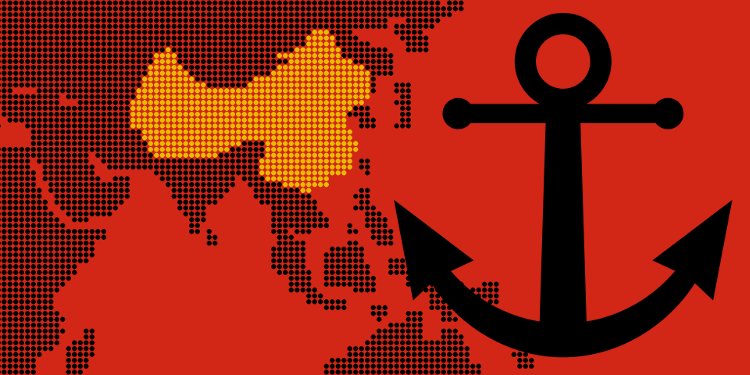Propaganda backfired this week. Beijing wants more Internet censorship, almost to create a “Chinanet” akin to another Great Schism not seen since the Orthodox Church split from the West. TPP failed. Students in Taiwan stormed government offices to keep out China-propaganda over “minor” changes to national curriculum. An Australia-India-Japan alliance plumed out of nowhere. Taiwan and Japan are kissing and making up. And some truth came through well-kept gates.
An 18-year-old got back from his year in North Korea. The North Koreans shower together like Americans and Romans. North Korean students are curious about mundane life in America. And, notably, North Koreans seem to agree with a Americans: Government is the problem, not the people.
Joshua Wang, Hong Kong, had an interview with the BBC and explained that the Umbrella Movement never really had a plan and never communicated a plan to the public. But they did succeed in raising public awareness. · · · →

